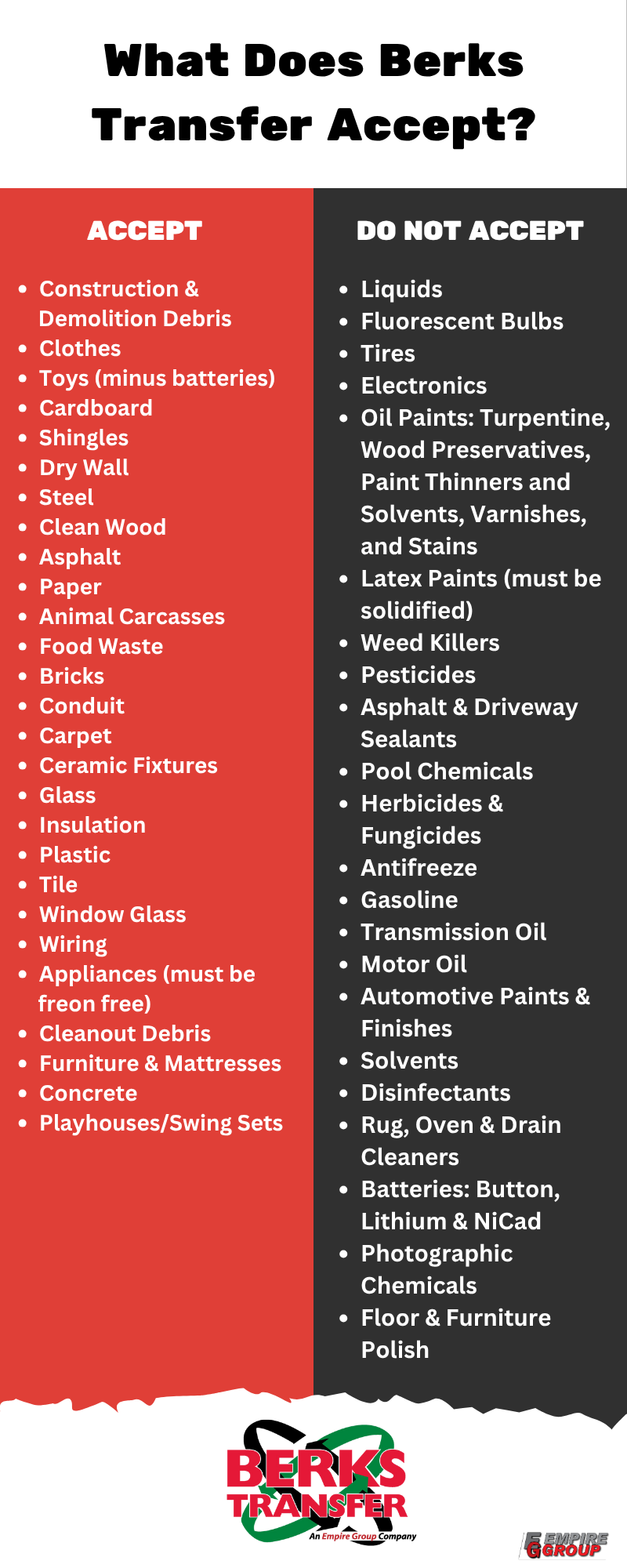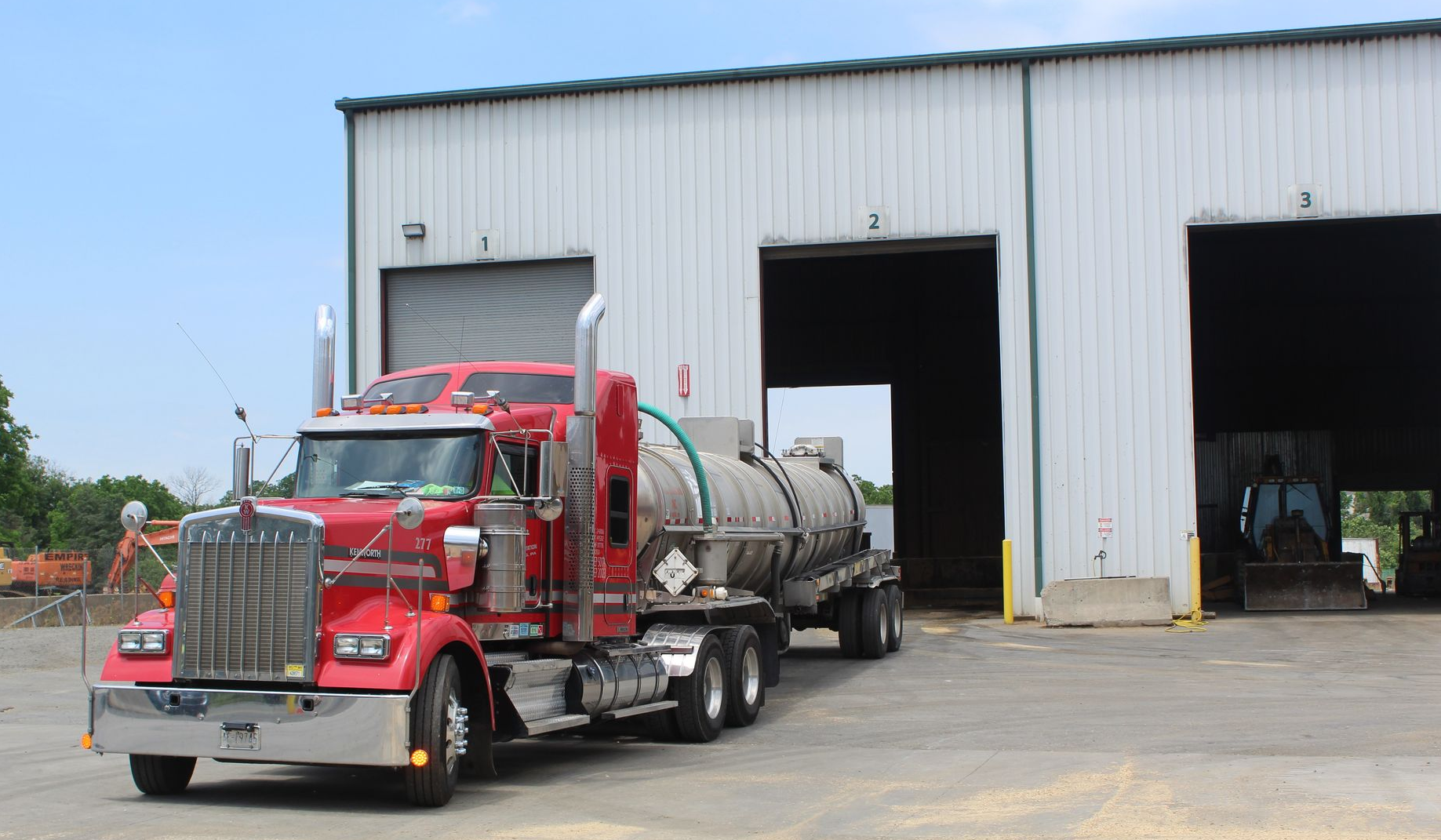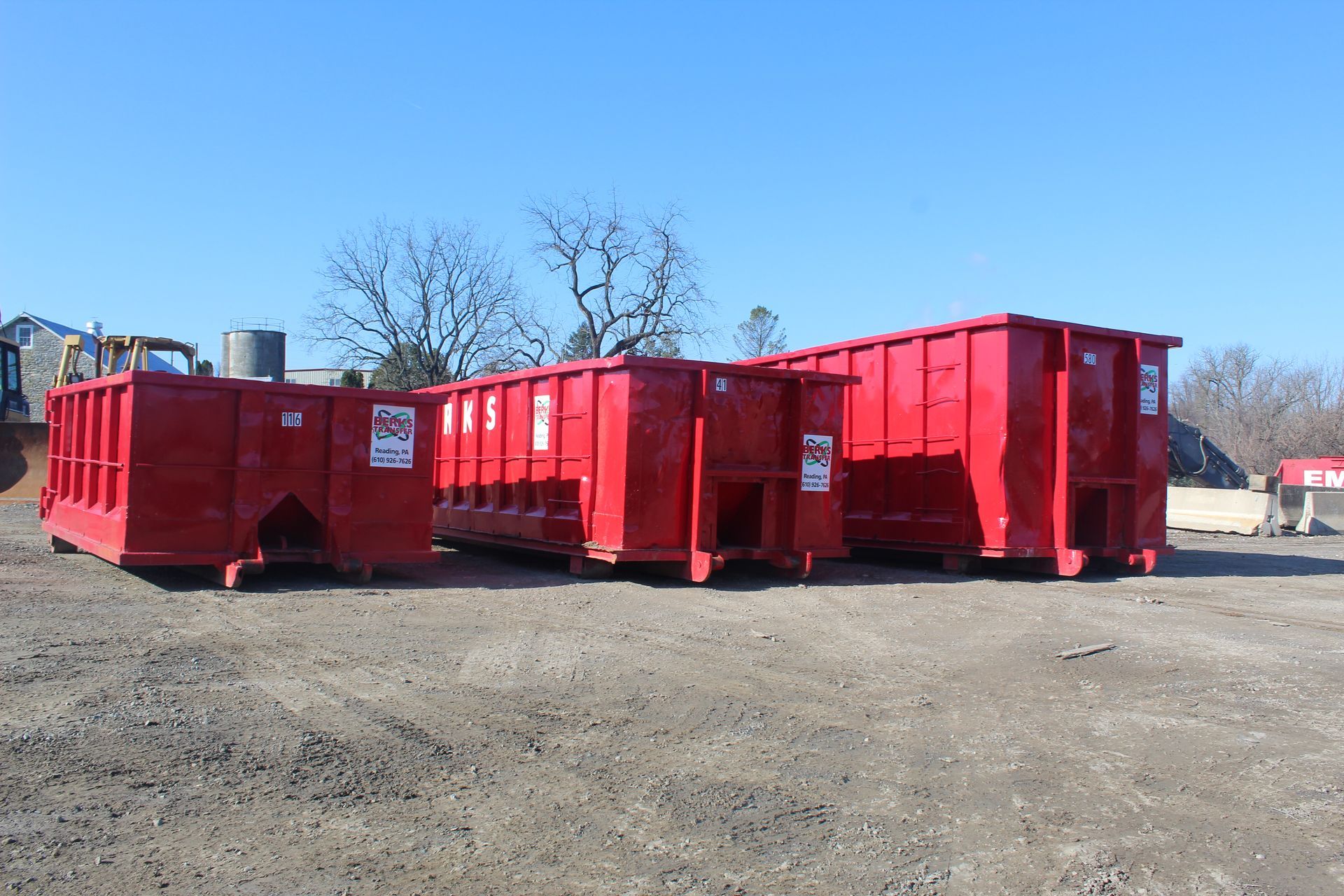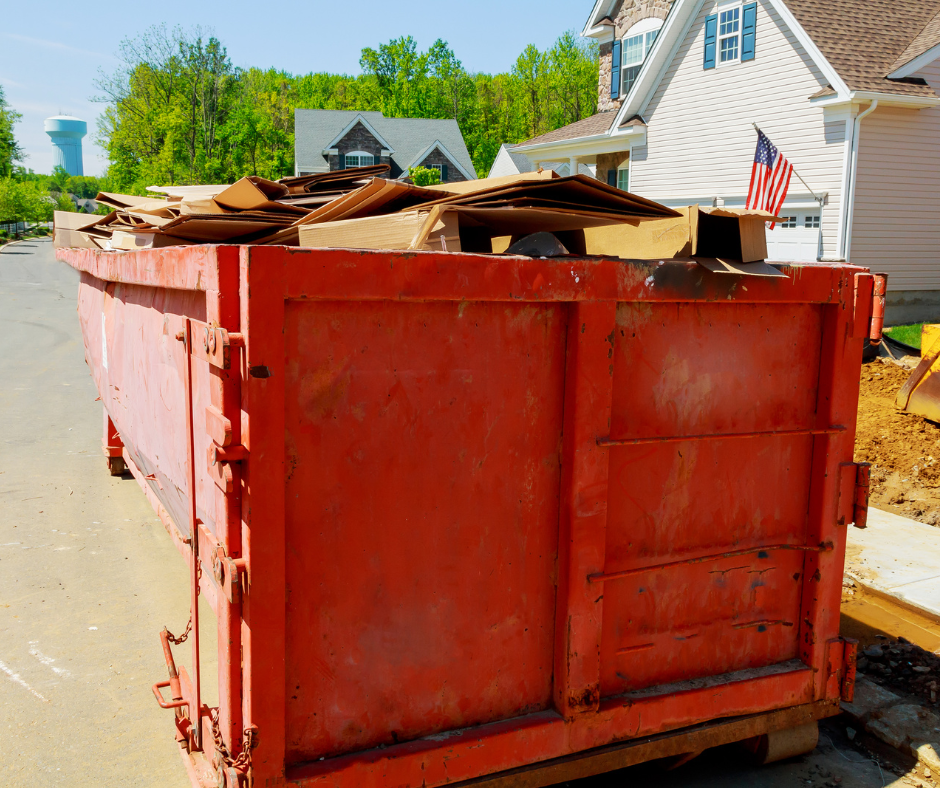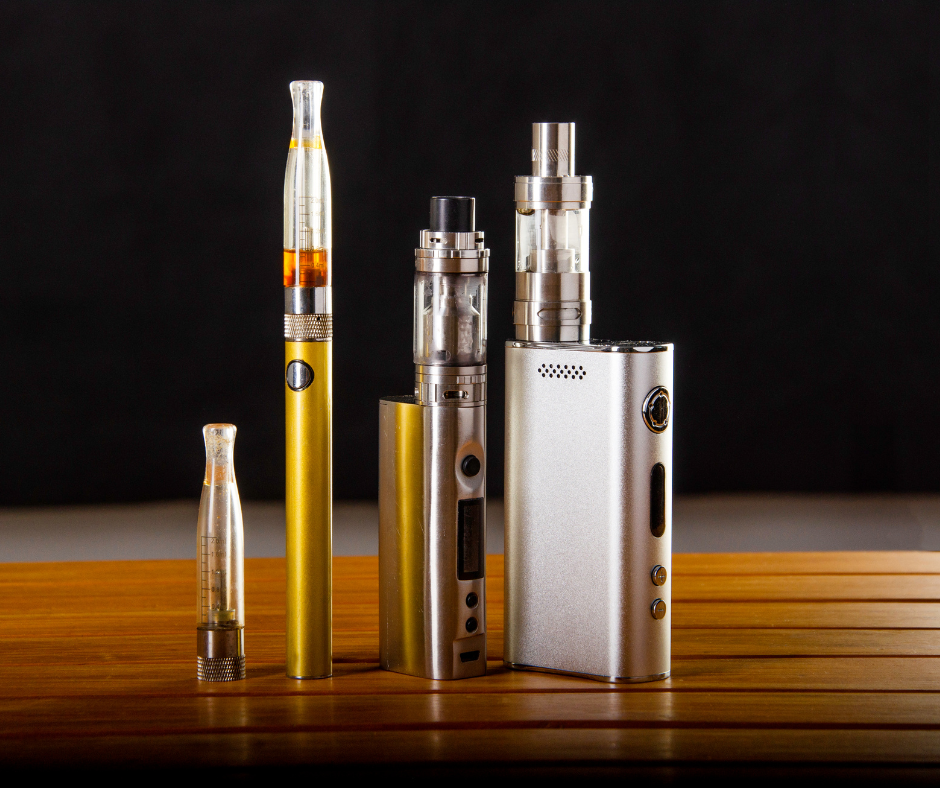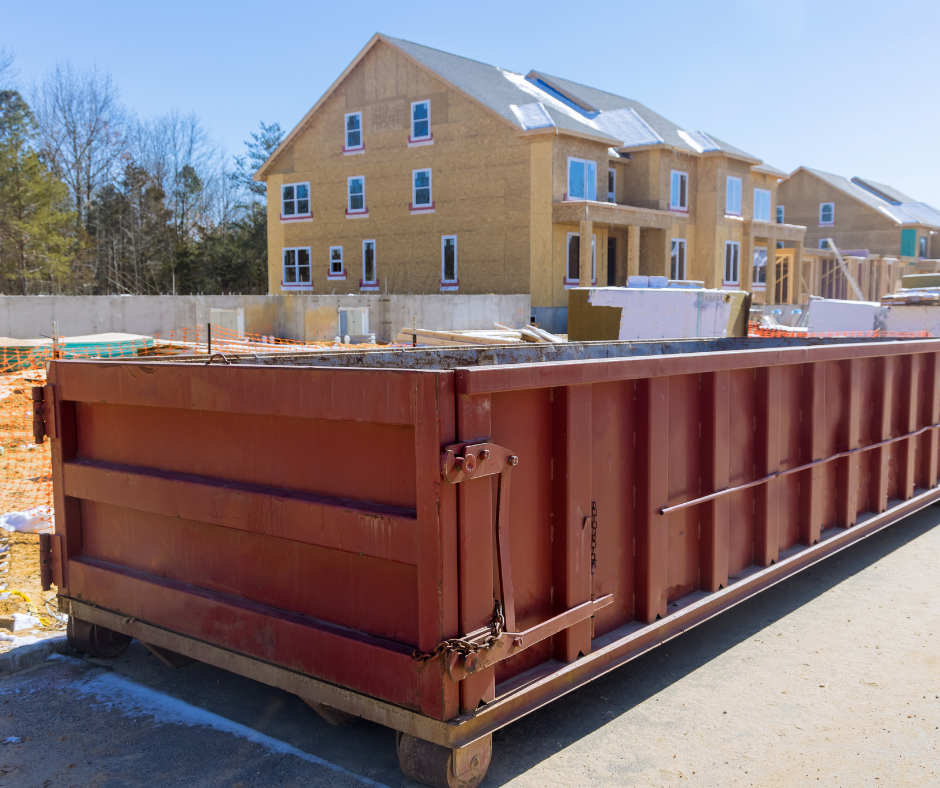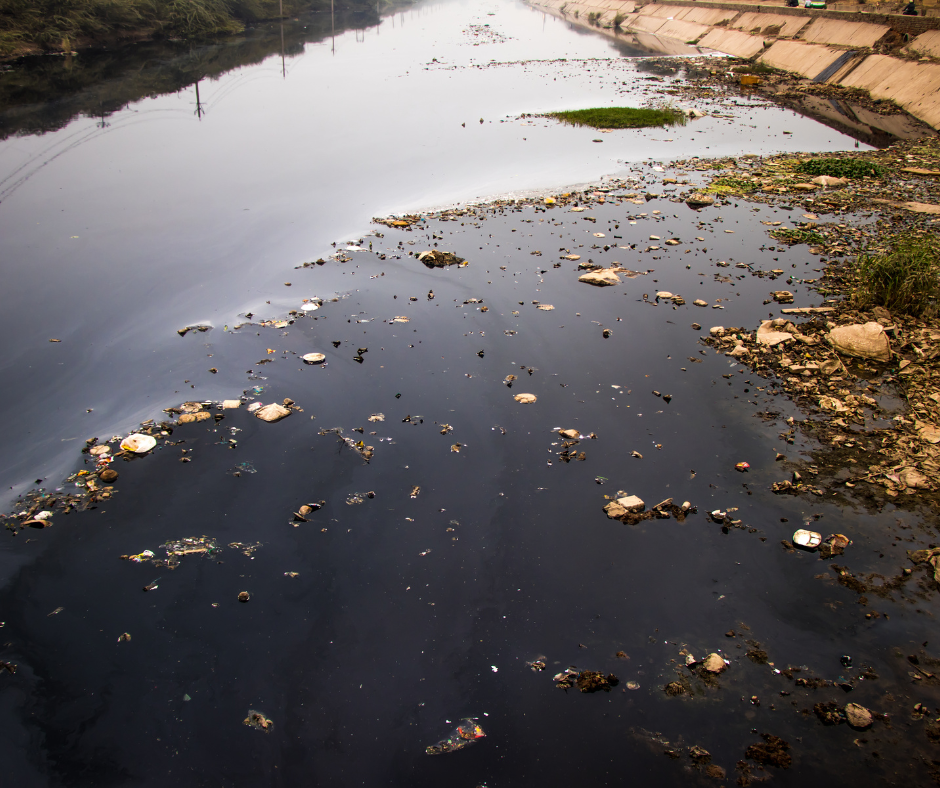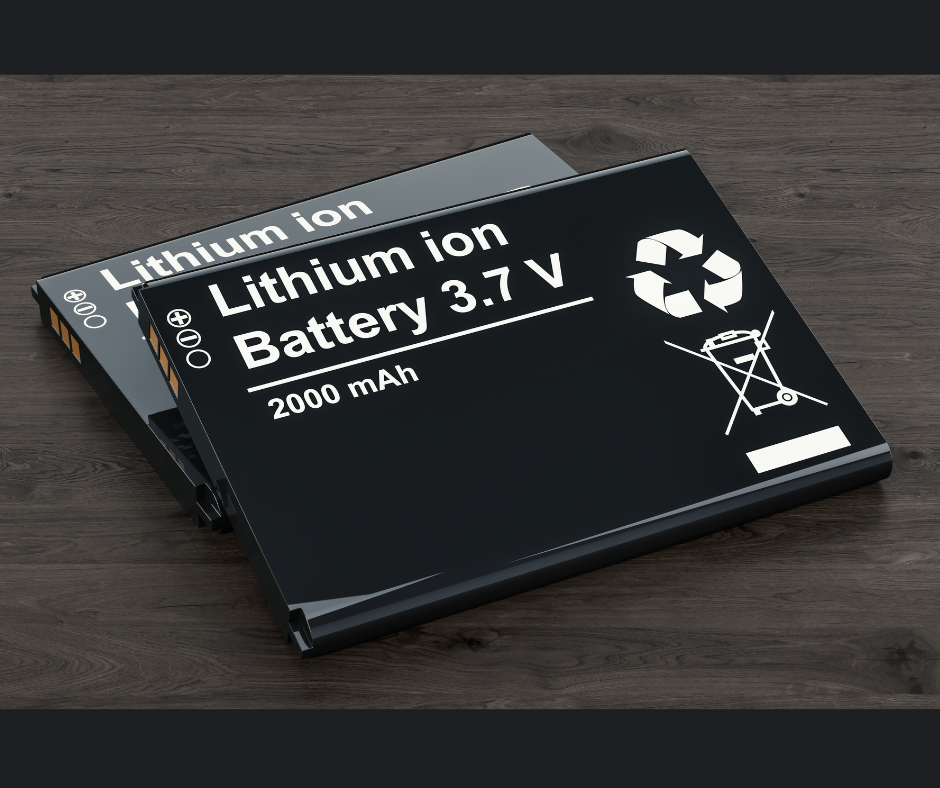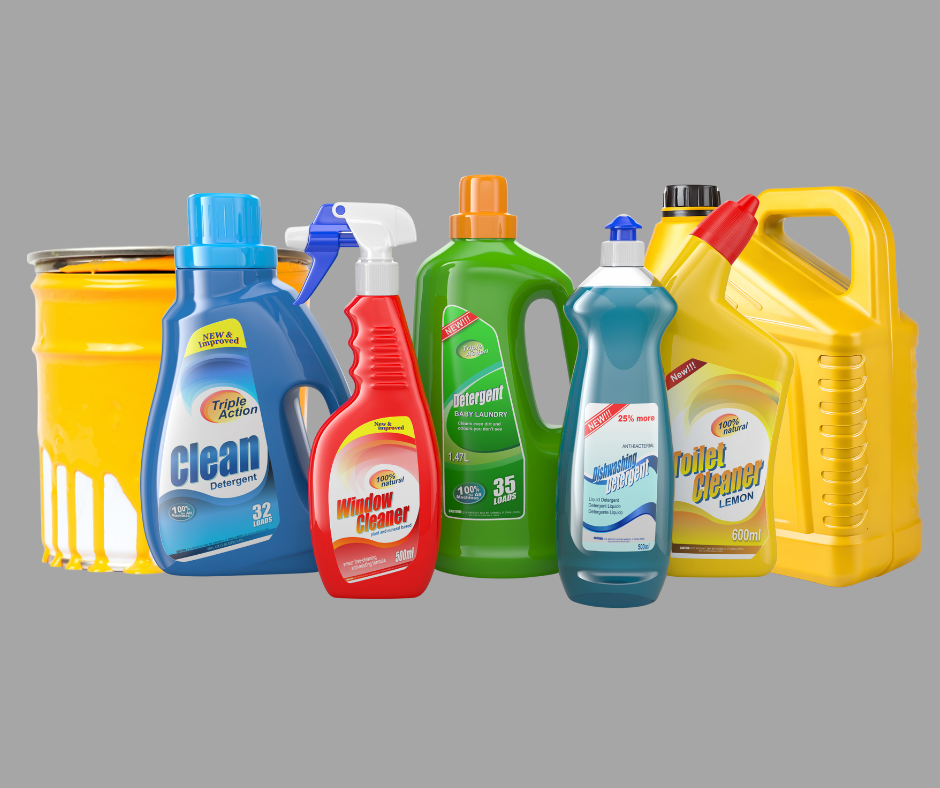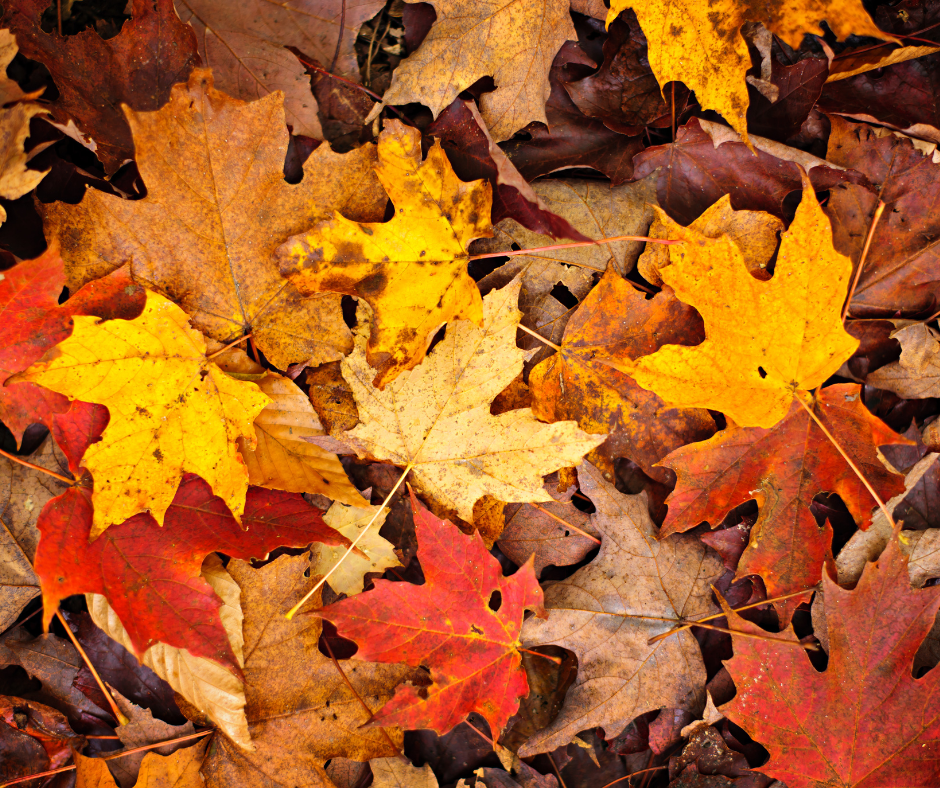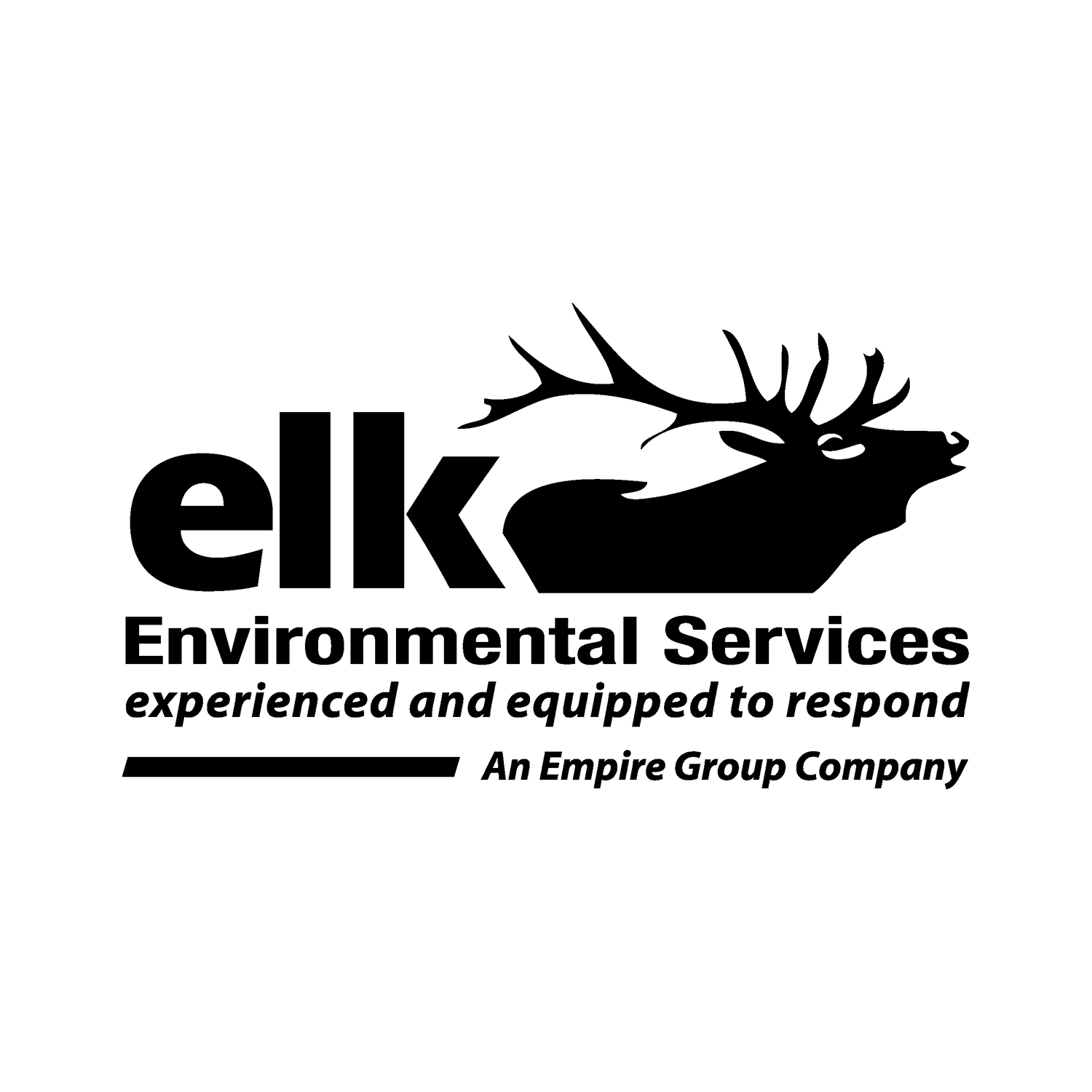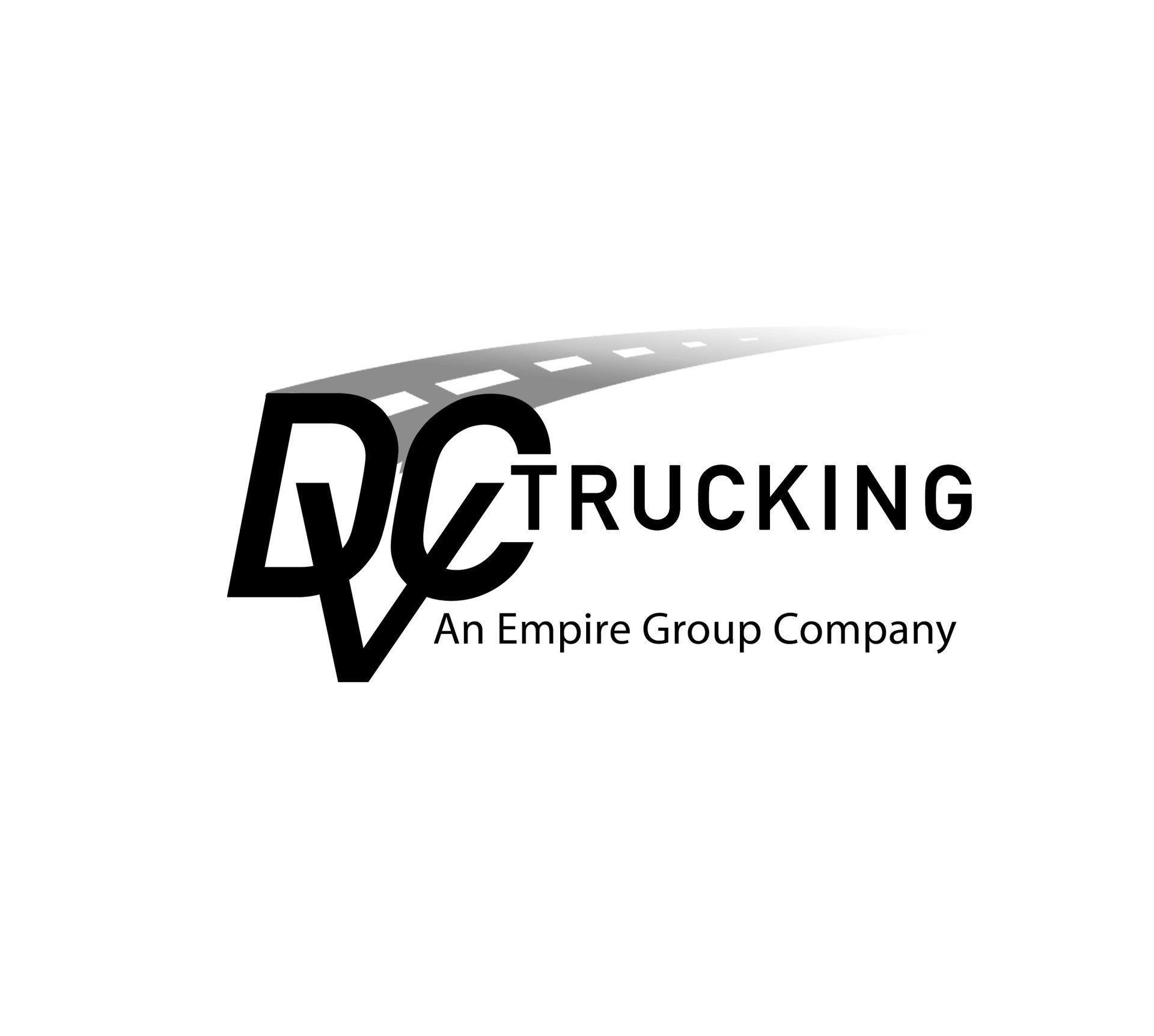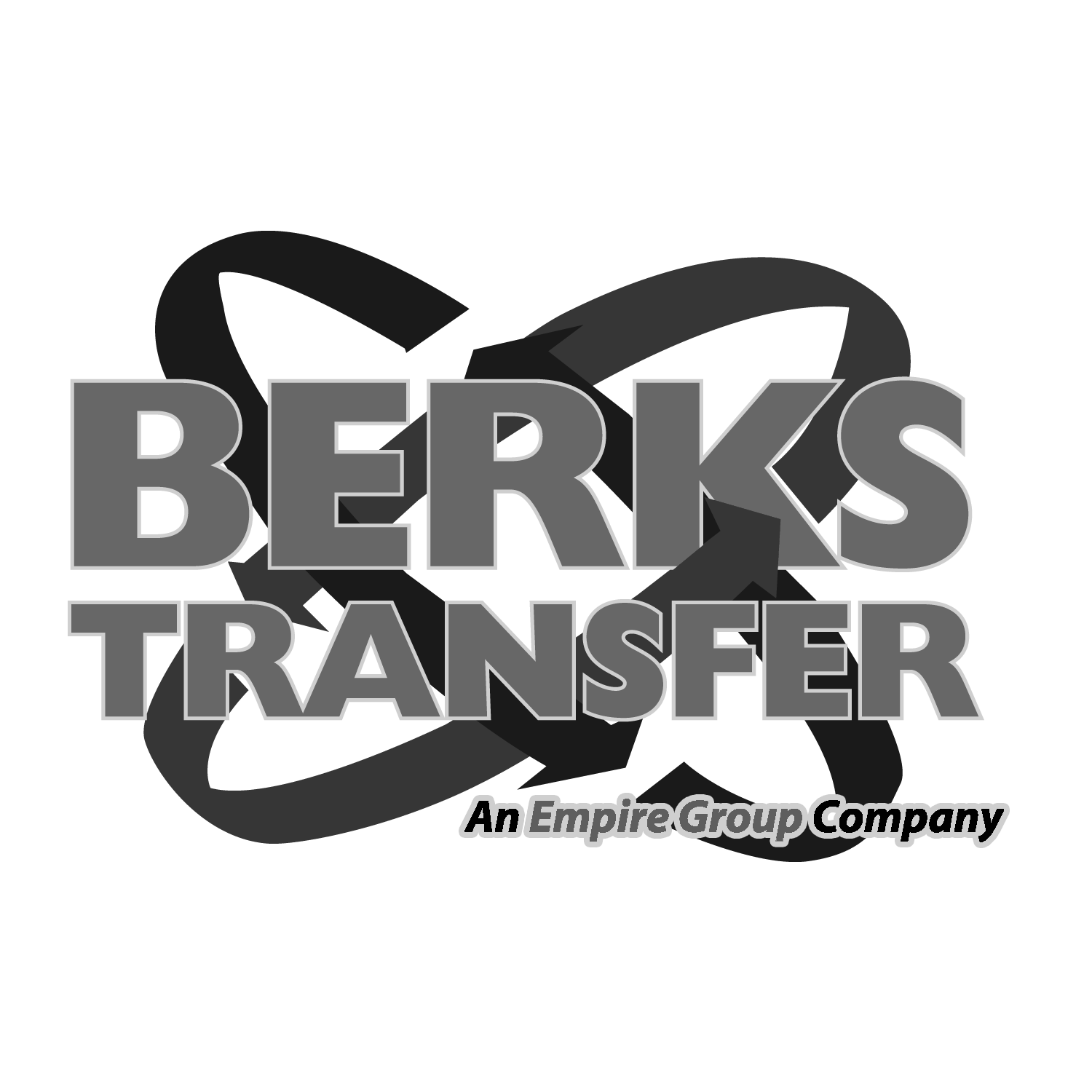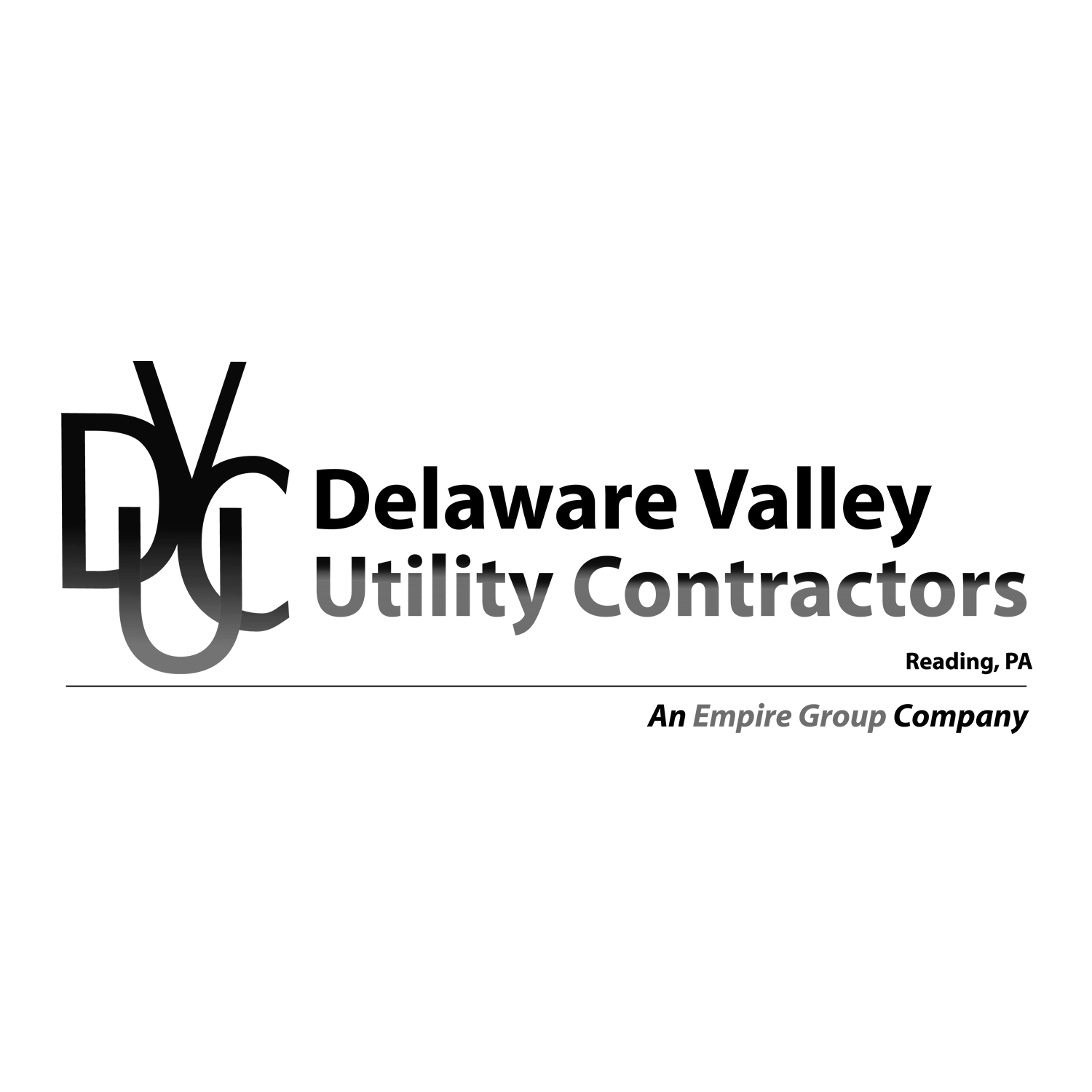Hazardous vs. Non-Hazardous Waste: What’s the Difference?
When it comes to waste disposal, understanding what you’re bringing to a waste disposal facility isn’t just helpful—it’s essential. Whether you’re a homeowner doing a cleanout or a contractor managing construction debris, knowing the difference between hazardous and non-hazardous waste ensures your materials are handled safely, legally, and responsibly.
At Berks Transfer, we specialize in receiving non-hazardous waste from Reading, PA and surrounding communities. We do not accept hazardous waste because hazardous materials require specialized handling that only certified facilities can provide.
Let’s break down what makes waste hazardous, what qualifies as non-hazardous, and how you can dispose of both types properly.
What Is Hazardous Waste?
Hazardous waste is any material that poses a significant risk to human health or the environment. These wastes are regulated under strict federal and state guidelines and must be transported, stored, and disposed of by licensed professionals.
Hazardous waste usually falls into one of four categories:
1. Ignitable Waste
Items that can easily catch fire.
Examples include
gasoline, solvents, oil-based paints, and flammable adhesives.
2. Corrosive Waste
Materials capable of deteriorating metal or damaging skin.
Examples include
battery acid, strong cleaning chemicals, and industrial acids or bases.
3. Reactive Waste
Substances that may explode, react with water, or release toxic fumes.
Examples include old chemical containers, certain aerosols, and unstable compounds.
4. Toxic Waste
Materials containing harmful substances like lead, mercury, or pesticides.
Examples include fluorescent bulbs, certain electronics, and chemical-laden sludge.
These materials cannot be disposed of at Berks Transfer. They must go to a certified hazardous waste facility or a county-run collection event.
What Is Non-Hazardous Waste?
Non-hazardous waste includes everyday materials that do not pose an immediate threat to people or the environment when managed properly. This is the type of waste is generated daily by households, contractors, businesses, and municipalities.
Berks Transfer is fully equipped to accept and process a wide range of non-hazardous materials, including:
Common Non-Hazardous Waste Types
- Construction and demolition debris (wood, drywall, tile, bricks)
- Household junk and bulky items
- Non-contaminated soil or dirt
- Furniture and mattresses
- Packaging materials
- Yard waste
- Commercial waste from offices, retail stores, and small businesses
- Non-hazardous renovation debris
Why the Difference Matters
Understanding the difference between hazardous and non-hazardous waste is crucial for several reasons:
✔ Protects the Environment
Improper disposal of hazardous materials can leach toxins into soil and waterways.
✔ Keeps Workers and Residents Safe
Hazardous chemicals can cause burns, fires, explosions, or respiratory issues if mishandled.
✔ Ensures Legal Compliance
Federal and state laws strictly regulate hazardous waste. Bringing prohibited materials to the wrong facility can result in fines or penalties.
✔ Streamlines the Waste Disposal Process
Sorting waste correctly helps facilities like Berks Transfer operate efficiently and keep costs affordable for customers.
How to Dispose of Waste the Right Way
For Non-Hazardous Waste
Bring your acceptable materials directly to Berks Transfer. Our site is designed for fast drop-offs, easy access from major routes, and prompt service for homeowners, contractors, and local businesses.
For Hazardous Waste
Contact your local municipality or a licensed hazardous waste facility. Many counties offer designated hazardous waste collection events for residents.
Safe and Responsible Disposal
At Berks Transfer, we believe that proper waste management starts with education—and we’re here to make the process simple. By understanding the difference between hazardous and non-hazardous waste, you help protect the community, the environment, and the workers who handle your materials every day.
Berks Transfer proudly accepts non-hazardous waste and provides reliable, efficient service to residents and contractors across the region. If you’re unsure whether your material is acceptable, just give us a call.
